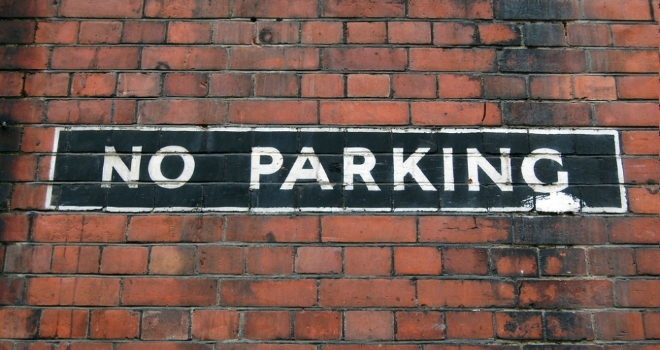
According to the report, applications for the installation of dropped kerbs (vehicle crossovers) have increased by 49% between 2013 and 20152, with 29,587 applications approved in 2015. This came from a total of 42,281 applications for kerbs to be dropped throughout the year, meaning that overall applications increased by more than 13,000 between 2013 and 2015.
Direct Line suggests that demand may be increasing because residents across the UK increasingly face on-street parking restrictions. In addition, research among estate agents highlighted off-street parking as a key factor in improving the desirability of a property and adding to its value.
Local authorities across the UK are generating millions of pounds in revenue from dropped kerb applications. In 2015 alone, more than £2.9 million was generated in application fees, up 68% from 2013. Kent County Council approved the most dropped kerb applications in 2015 with all 1,394 of its requests granted.
While vehicle crossover approvals are on the increase, almost one in ten (8%) applications have been rejected this year. Cheshire and West Chester Council has rejected the most requests, declining 138 applications for a vehicle crossover, equivalent to 78% of all those wishing to install a new vehicular access point within the council’s boundaries.
It is a postcode lottery when it comes to residents making an application for a dropped kerb in the UK. Some local authorities, such as Rochdale Metropolitan Borough Council, do not charge for applications while Dorset County Council bills £267.50, Kent charges £150 and Bromley £100.
There is even a significant disparity between London boroughs, with residents of the London Borough of Richmond-upon-Thames paying a non-refundable application charge of £210, while in Wandsworth residents are charged just £45. The average cost of an application, including those boroughs where it is free, is £66 in the UK.
As well as approving the most applications, Kent County Council also generated more than £400,000 from dropped kerb applications in 2015 and earned over £400,000 in 2015 – nearly £80,000 more (24%) than in 2014. This income was more than double the amount of second-placed Surrey County Council, which earned more than £190,000 from these applications over the same time period.
Local authorities generating the most revenue from dropped kerb applications
|
Local Authority |
Change in revenue generated, 2014-2015 |
Revenues generated from applications in 2015 |
Revenues generated from applications in 2014 |
|
Kent County Council |
+24% |
£404,976.00 |
£325,728.00 |
|
Surrey County Council |
-5% |
£191,411.00 |
£201,523.00 |
|
Hertfordshire County Council |
+36% |
£118,185.00 |
£86,756.00 |
|
London Borough of Barking & Dagenham |
+560% |
£127,200.00 |
£19,261.00 |
|
Northamptonshire County Council |
+30% |
£107,600.00 |
£82,824.00 |
|
Derbyshire County Council |
+8% |
£28,132.42 |
£26,047.75 |
|
Dorset County Council |
0% |
£78,912.50 |
£78,786.50 |
|
Staffordshire County Council |
+16% |
£63,250.00 |
£54,632.19 |
|
Wolverhampton City Council |
-20% |
£43,566.00 |
£54,620.40 |
|
Suffolk County Council |
-18% |
£58,400.00 |
£71,200.00 |
Rebecca Clapham, head of household products at Direct Line, commented: “As the number of cars on the road increases, so does pressure on available spaces and this, combined with the cost of on-street parking and residents’ permits, means that many homeowners see dropping the kerb to create an off-street parking space as an attractive option. As estate agents highlight, it is also an opportunity for homeowners to add value to their property and to make it more attractive to potential buyers.
For many local authorities, applications for changes to parking access and other planning requests are a valuable source of additional revenue. It is, however, a postcode lottery, while some authorities charge nothing for applications others charges hundreds of pounds.”
Across the UK, householders need to apply for permission if they wish to drop the kerb outside their property to allow a car to cross the pavement safely from the road. Householders are prohibited from driving across pavements and verges when a vehicle crossover has not been installed because it might damage the surface or pipes and cables buried underneath. A vehicle crossover will enable kerbs to be dropped from their normal height and the pavement or verge strengthened to take the weight of vehicles crossing it.





